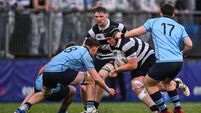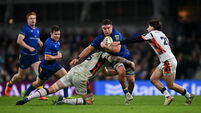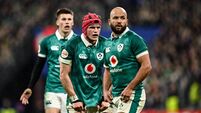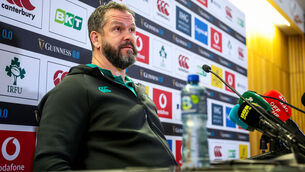Cullen: 'We are running a business here, it's a self-funding business'
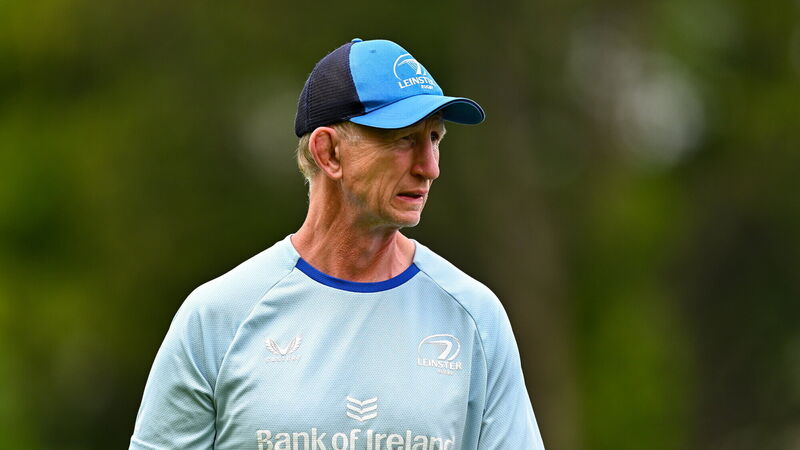
SELF FUNDING: Leinster head coach Leo Cullen has defended the province’s outlay on foreign players in the wake of criticism from a former Ireland sevens star, and insisted that the club runs on a “self-funded” model that generates money for the benefit of the wider game. Pic: Tyler Miller/Sportsfile
Leinster head coach Leo Cullen has defended the province’s outlay on foreign players in the wake of criticism from a former Ireland sevens star, and insisted that the club runs on a “self-funded” model that generates money for the benefit of the wider game.
Terry Kennedy, a former World Sevens player of the year, referenced Leinster indirectly in a social media post when giving his reaction to the decision by the IRFU this week to terminate the men’s programme in the shorter form of the game.




